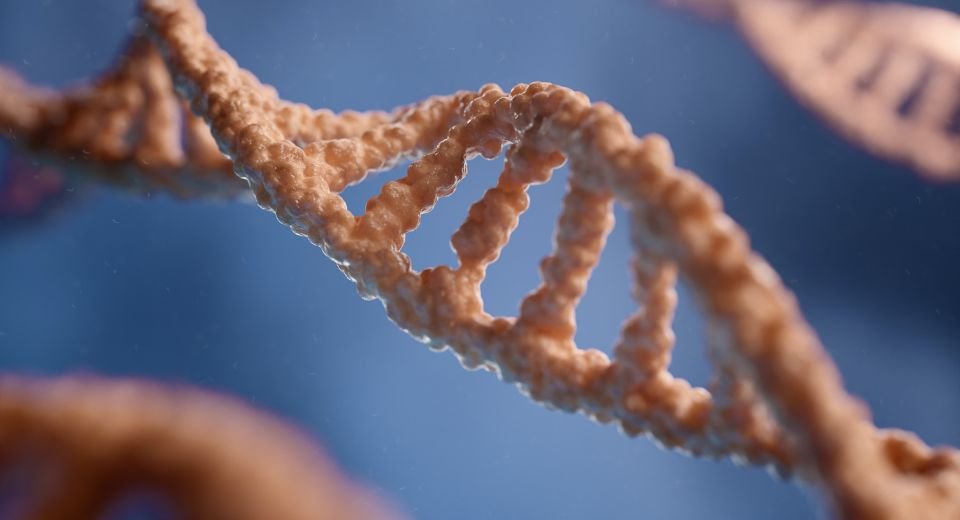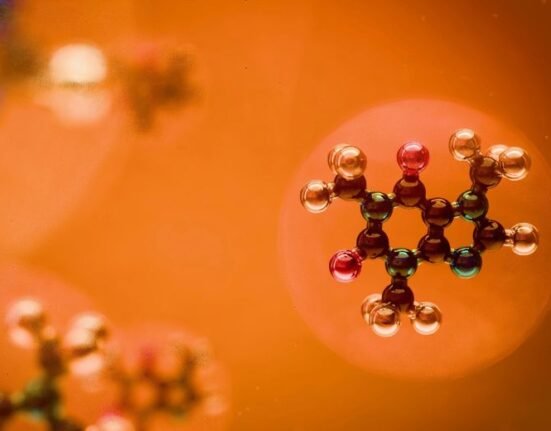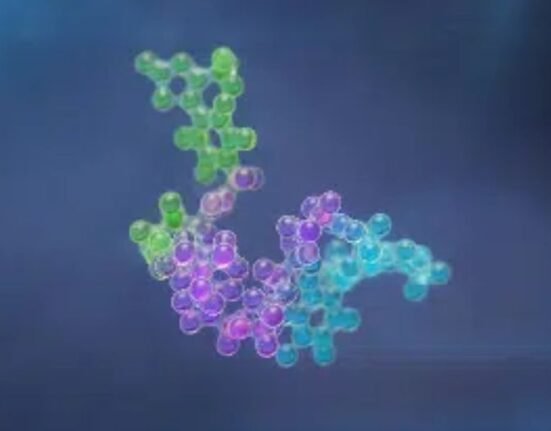HQ Team
September 25, 2025:
Scientists in the United Kingdom have found a novel gene therapy known as AMT-130 that has slowed the progression of Huntington’s disease, an inherited neurodegenerative disorder by 75%.
Huntington’s disease, caused by a single genetic mutation in the HTT gene, typically manifests in mid-adulthood with symptoms affecting voluntary movement, cognition, and behavior, ultimately leading to death within about two decades. Until now, existing therapies only addressed symptoms without altering disease progression, leaving patients and families with little hope for a cure.
The AMT-130 therapy, developed by the biotech company uniQure, uses innovative gene therapy technology to target the root cause of HD by permanently introducing functional DNA that suppresses production of the toxic huntingtin protein responsible for neuronal damage. Administered through a delicate 12- to 18-hour brain surgery, the gene therapy is designed as a one-time treatment expected to provide lasting benefits.
Clinical trial
Clinical trial data, conducted across the UK, US, and Europe in a study involving 29 patients, showed that those receiving the highest dose of AMT-130 experienced a remarkable 75% reduction in disease progression over 36 months relative to untreated participants or matched controls. Biomarkers signaling neurodegeneration in cerebrospinal fluid were also significantly reduced. Notably, some patients demonstrated improved stability and even the ability to return to work, a rare feat in HD management.
In the phase 1/2 clinical trial, 29 patients volunteered to be treated with AMT-130, with 17 receiving a high dose and 12 receiving a low dose. Researchers then followed up with a dozen patients from each group over the course of three years.
Professor Ed Wild, principal investigator and neuroscientist at University College London Huntington’s Disease Centre, said: “This result changes everything. On this basis, AMT-130 is likely to become the first licensed treatment to slow Huntington’s disease, which is truly world-changing.” The therapy has received FDA Breakthrough Therapy and Regenerative Medicine Advanced Therapy designations, accelerating the path toward approval expected as early as 2026 in the US, with subsequent applications planned for Europe and the UK.
The trial’s rapid progression from preclinical studies to human application within a decade is itself a testament to the dedication and innovation driving HD research. However, experts urge caution as the trial involved a small patient cohort, and broader phase 3 studies are underway to confirm these promising results.
This breakthrough marks the first time disease progression in Huntington’s has been significantly modified, offering hope not only for HD patients but also serving as a model for treating other genetic neurodegenerative disorders. UniQure’s pioneering approach signals a new era in genetic medicine, with a potential to transform a once invariably fatal disease into a manageable condition.
Huntington’s Disease
Huntington’s disease is a rare, inherited neurodegenerative disorder caused by a genetic mutation in the HTT gene, which leads to the production of an abnormal Huntington protein that progressively damages brain cells. It typically manifests between ages 30 and 50 with a motor, cognitive, and psychiatric symptoms. Motor symptoms include uncontrollable jerky movements called chorea, muscle rigidity, trouble with speech, swallowing, and balance. Cognitive decline and behavioral changes such as irritability, depression, and impulsivity are also common. The disease progressively worsens over 15 to 20 years, ultimately causing severe physical and mental disability. There is currently no cure.








